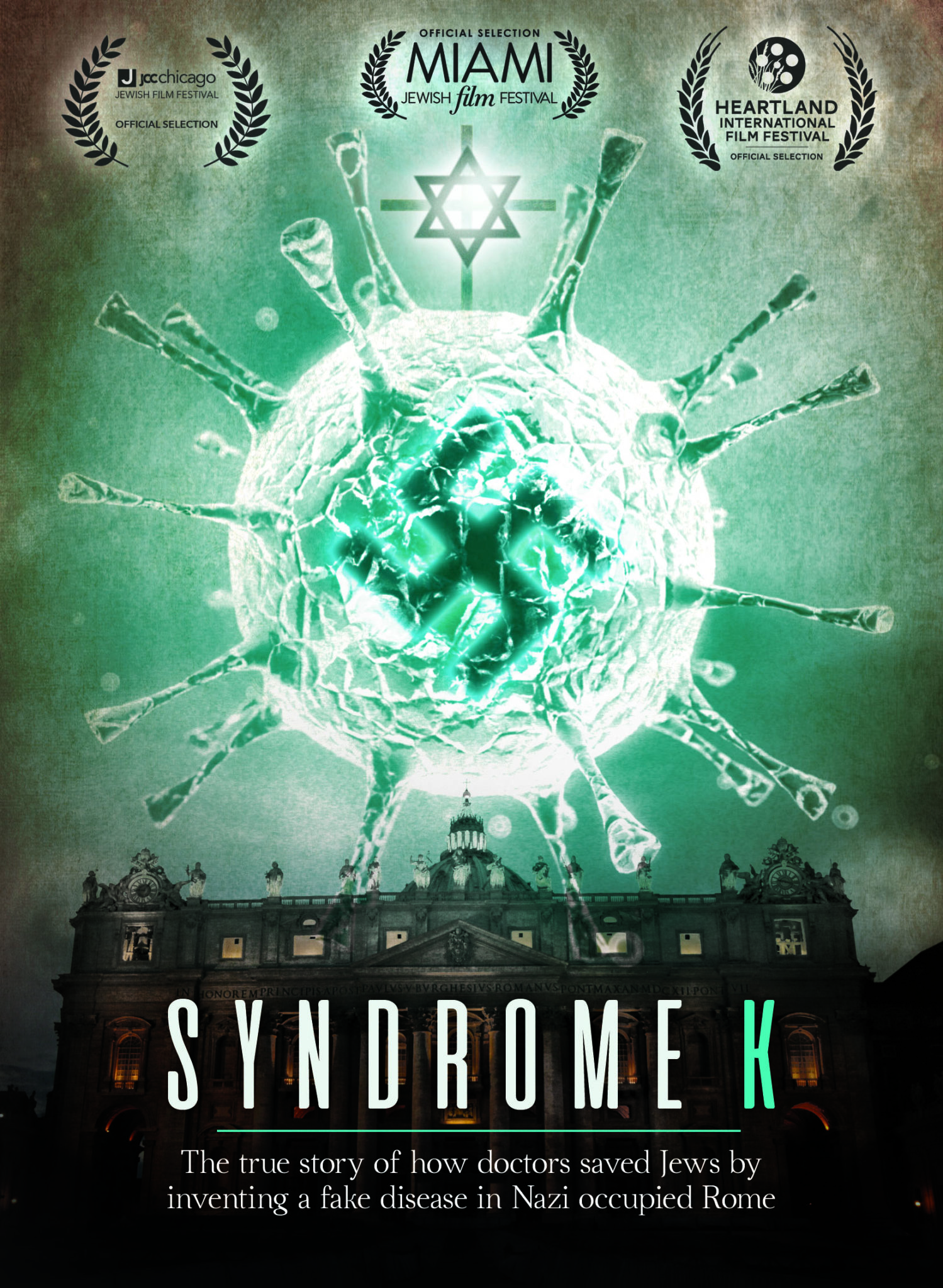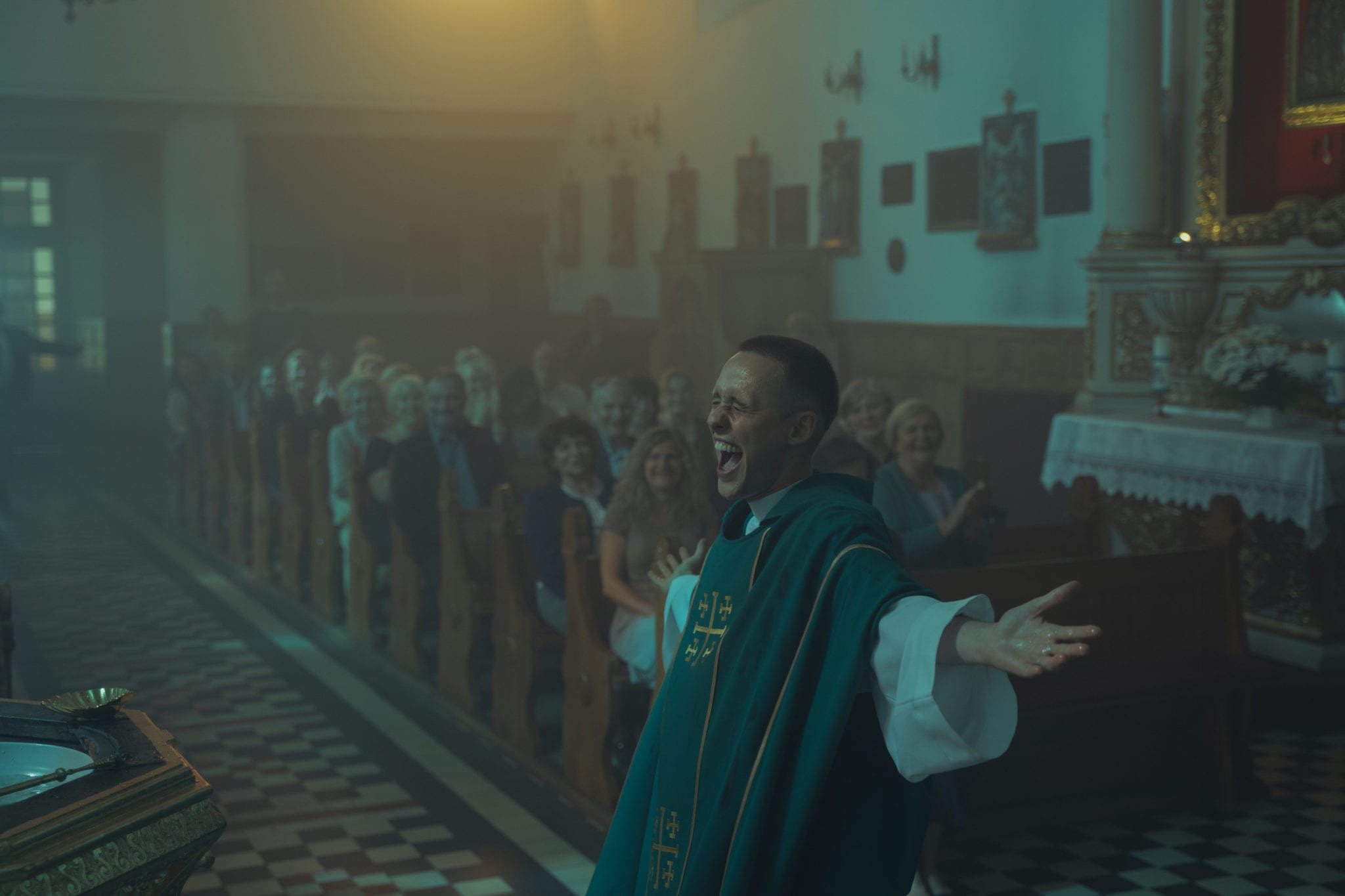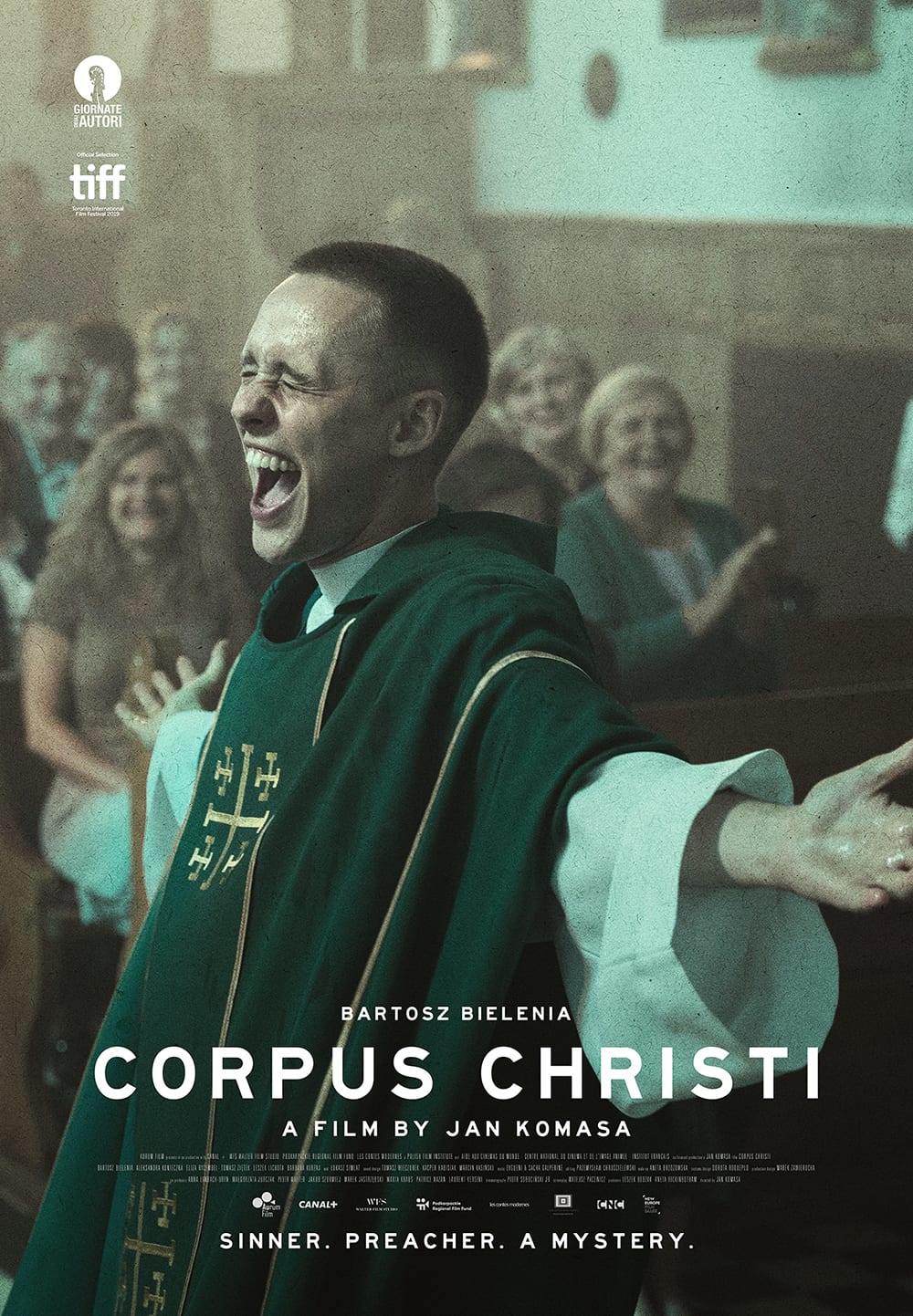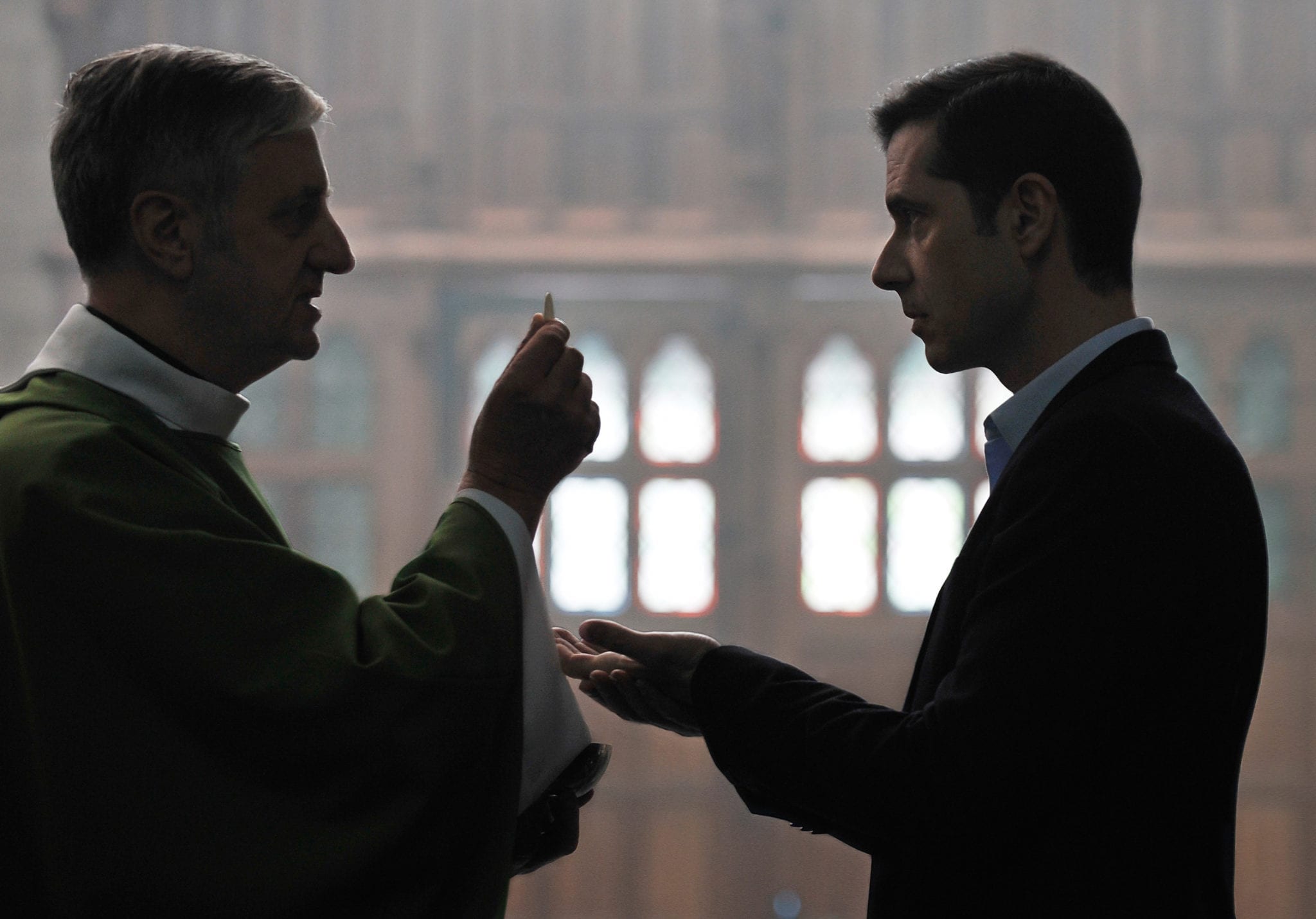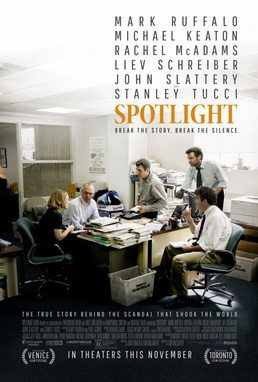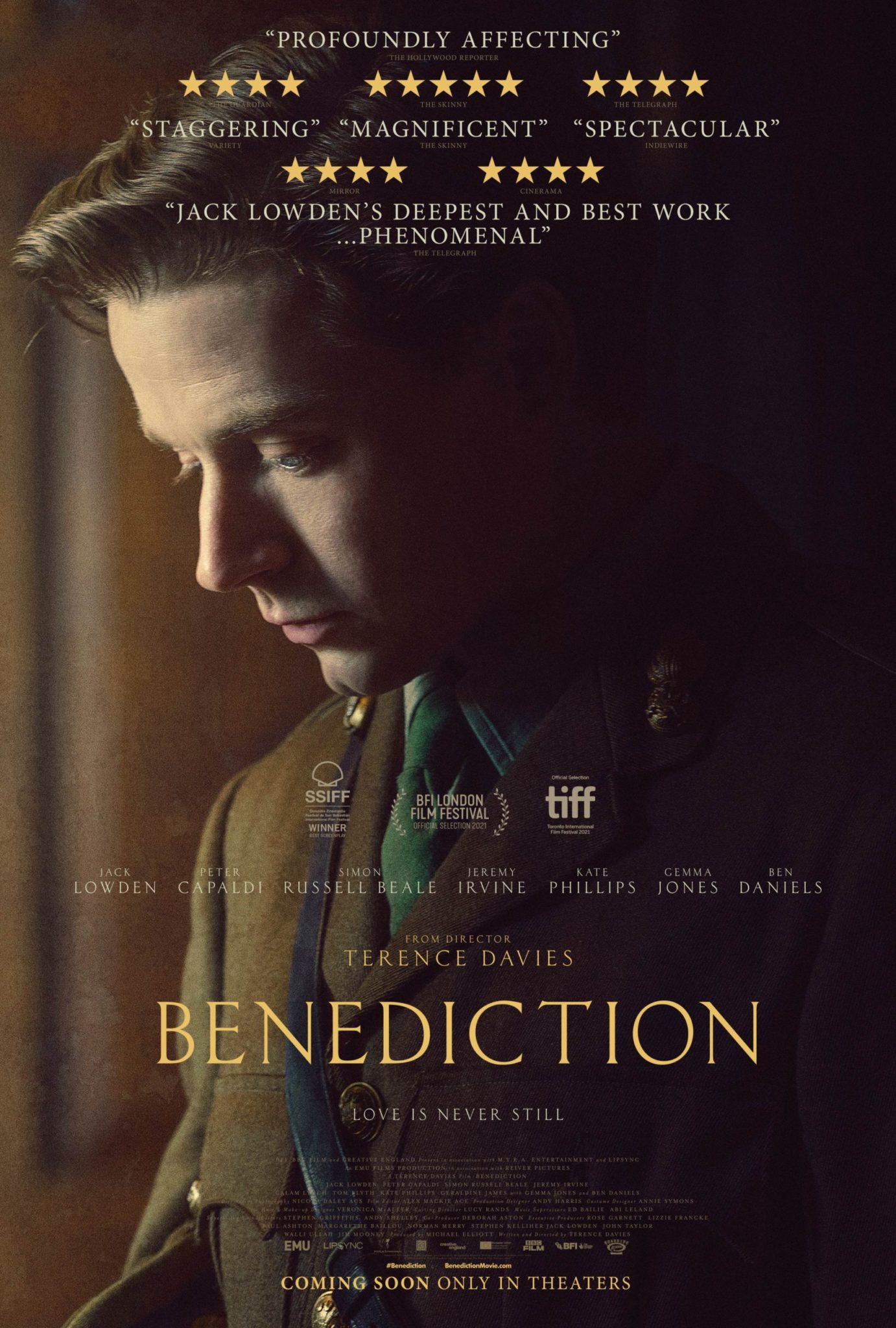
Benediction – A life looking for meaning
?Are you searching for truth?? ?Isn?t everyone?? ?And if you find it, what then?? In Benediction, from director Terence Davies, we follow 20th century poet Siegfried Sassoon in his search for ? well, maybe truth, but often happiness, belonging, and some sense of permanence and perhaps even the eternal. The film opens with an extended…

